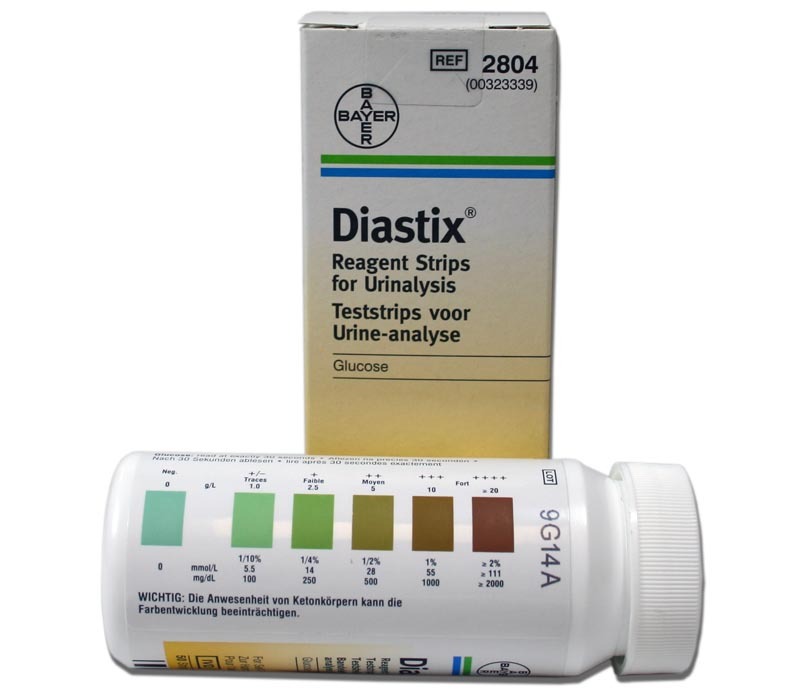

As a wise man once said, “just because you’re paranoid doesn’t mean that they aren’t after you.” Oh wait, that was Kurt Cobain, not a wise man.
Jokes aside, don’t assume that a piece of info about someone else is fine to share, because it is for you. OP likely has their reasons and that’s to be respected. (NB: this is coming from someone who doesn’t mind even sharing their city online.)




Then I derped. My bad!